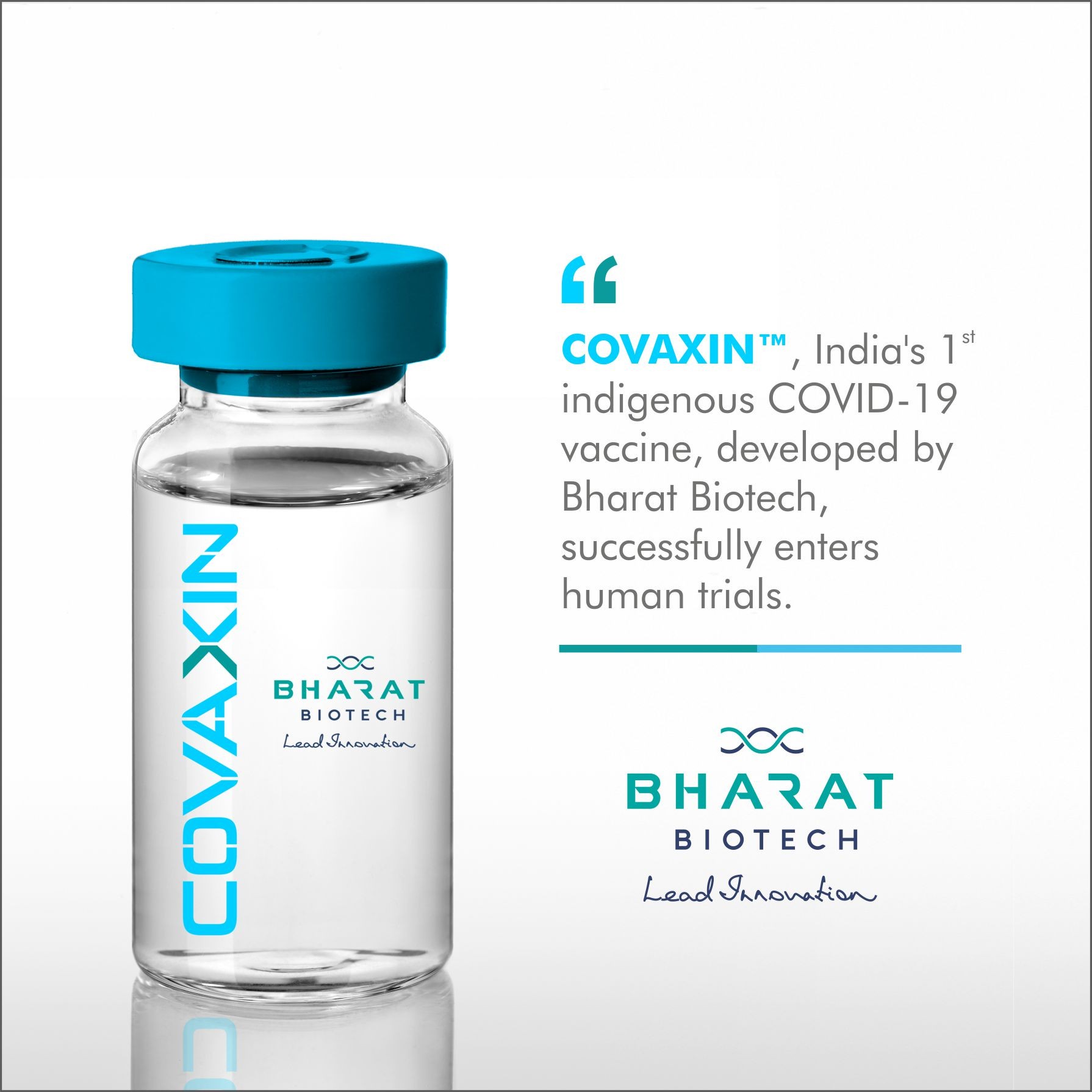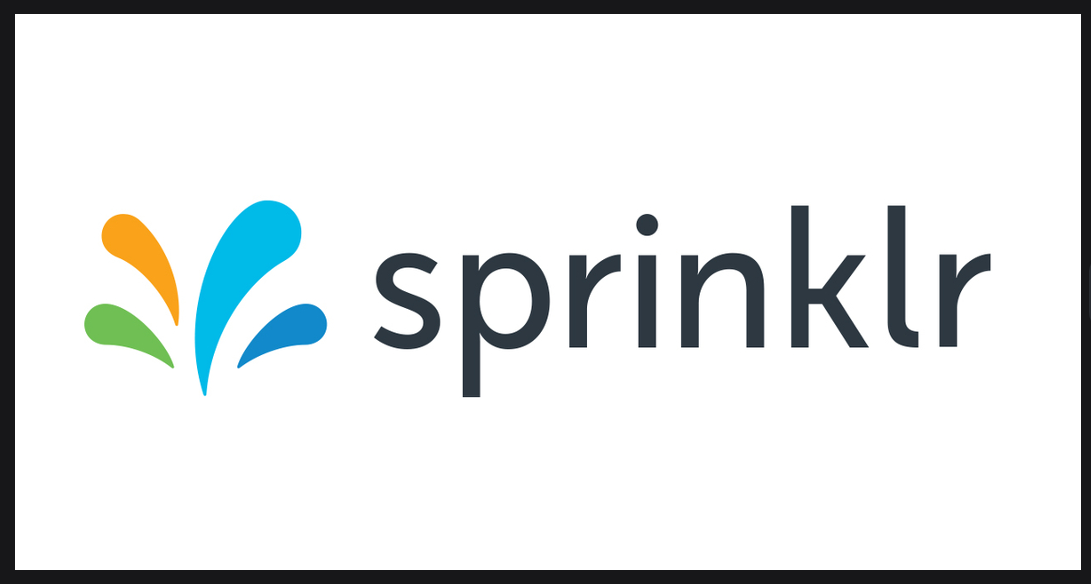Extrapolating from the report, Lancet said ‘two doses offer 77.8% protection against symptomatic Covid-19’.
Bengaluru, NFAPost: Peer-reviewed medical journal Lancet publication has expressed a mixed opinion about Covaxin, a Covid-19 vaccine developed by Bharat Biotech.
In summary, it said that the “interim phase 3 report (funded by Bharat Biotech and Indian Council of Medical Research) suggests BBV152 Covid-19 vaccine (the scientific name for Covaxin) is safe and protects against disease”.
Extrapolating from the report, Lancet said ‘two doses offer 77.8% protection against symptomatic Covid-19’. This compares favourably with Serum Institute.
Covaxin “induces a robust antibody response” two weeks after two doses are given, it said. “Covaxin’s Phase 3 efficacy results have been peer-reviewed and published in The Lancet. Another milestone for Indian science, not much more to be said,” tweeted Raches Ella, clinical lead, Covid-19 vaccines at Bharat Biotech.
Commenting on the development, Bharat Biotech Raeches Ella said COVAXIN’s Phase 3 efficacy results have been peer-reviewed and published in The Lancet. “Another milestone for Indian science, not much more to be said!,” said Raches Ella who is Bharat Biotech Project Lead: SARS-CoV-2 Vaccine and Head – Business Development & Advocacy.
According to the study, no severe-vaccine-related deaths or adverse events were recorded during a randomised trial involving 24,419 participants aged 18-97 years between November 2020 and May 2021 in India, the medical journal further said.
It said that this phase 3 study was done during the second wave of Covid-19 infections in India, with a peak of more than 400 000 new cases per day when Covaxin was assessed against all ciruclating variants.
“The study confirms our previous observations on the safety and immunogenicity profiles of BBV152 in phase 1 and 2 trials. No safety concerns were raised, no anaphylactic events after BBV152 administration were reported, and all adverse events (solicited, unsolicited, and serious adverse events) were well balanced between the BBV152 and placebo groups,” it said.
During the study only one serious adverse event occurred in the vaccine group; a case of immune thrombocytopenic purpura 39 days after the second dose in a vaccine recipient who was SARS-CoV-2-seropositive at baseline. However, the event resolved in 4 days, it said. “All other serious adverse events were deemed unrelated to vaccine or placebo. Long-term safety monitoring is ongoing and will continue for 1 year after administration of the first dose of BBV152,” the Lancet said.
The journal also highlighted the fact that this study is conducted in India, and only Indian participants were involved, making the study cohort less ethnically diverse, and limiting the generalisability of the results to other populations. Efficacy estimates for identified variants (n=79) were generated from the delta variant (n=50, 63·3%), kappa (B.1.617.1) variant (n=11, 13·9%), alpha (B.1.1.7) variant (n=4, 5·1%), and 14 other variants (n=14, 17·7%).
“In a different study, the neutralisation activity induced by BBV152 against the delta variant was 2·7-times lower than that against the Asp614Gly variant.4 In the study by Ella and colleagues, in all the delta-positive cases, the viral load in vaccine recipients was significantly lower than in placebo recipients. The concentrations of neutralising antibodies elicited by two doses of BBV152 were similar at day 56 (1 month after the second dose) in both younger and older participants or men and women,” states the report
Additionally, BBV152 was well tolerated; the same proportion of participants (12·4%) reported adverse events in the vaccine group (1597 of 12 879 participants) and placebo group (1597 of 12 874), with no clinically significant differences in the distributions of solicited, unsolicited, or serious adverse events between the vaccine and placebo groups, and no cases of anaphylaxis or vaccine-related deaths. The authors concluded that the BBV152 vaccine had an acceptable safety profile, with similar safety results to other inactivated SARS-CoV-2 vaccine candidates.
WHO issued an emergency use listing for BBV152 on Nov 3, 2021;5 the vaccine has already received emergency use authorisation in several countries, including India, Iran, Mexico, and the Philippines, which are currently experiencing high SARS-CoV-2 prevalence and low to moderate vaccination coverage.
The roll-out of BBV152 might ease the ultra-cold chain requirements of other SARS-CoV-2 vaccine platforms, increase the finite global manufacturing capacity, and improve insufficient supply of vaccines which disproportionately affects low-income and middle-income countries.9





